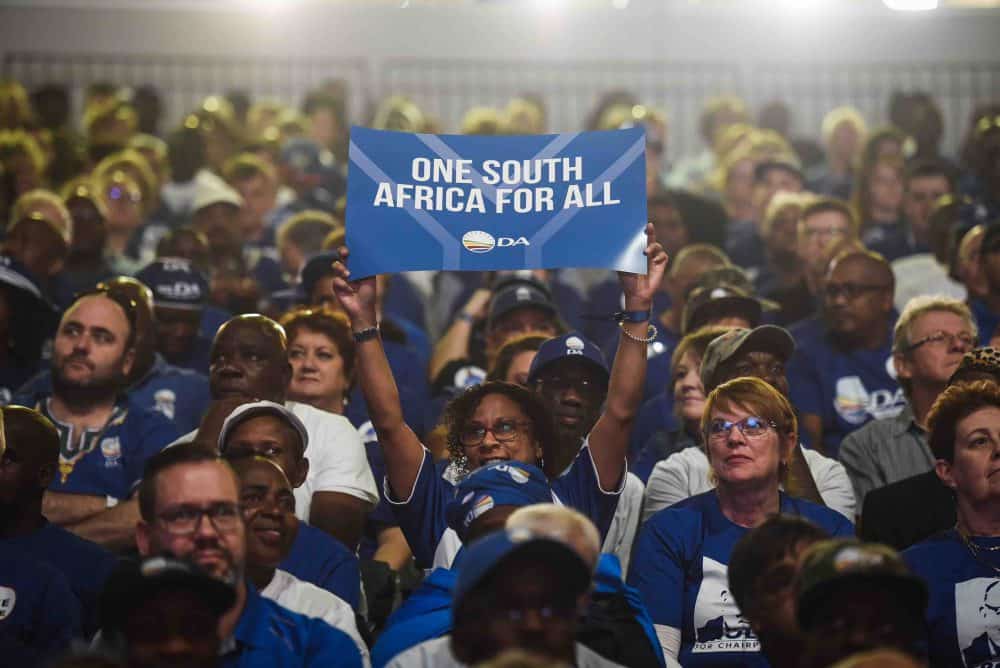The party's head of policy Glen Ngwenya says the DA's draft economic justice policy is not a line-for-line rebuttal of the ANC's policy.

Over 200 delegates are expected to attend the DA’s first virtual policy conference at the weekend, the party’s federal chair Ivan Meyer said on Friday.
Meyer said the conference was an important phase for the party in preparation for the local government elections next year and the general elections in 2024.
The party’s head of policy, Gwen Ngwenya, said on the first day of the conference on Saturday, delegates will discuss the party’s values and principles which inform its policymaking and on the second day, Sunday, the draft economic justice policy will be discussed.
Ngwenya said this policy was intended to address economic exclusion which is driven by a number of factors which are drivers of inequality, creating a cycle of deprivation and poverty which traps many South Africans. There was a need to pay attention to these factors and attempt to address them, she added.
The draft policy is “informed by a number of studies that look at what drives inequality and poverty in South Africa”, including research by Statistics South Africa and the World Bank, Ngwenya said.
The proposals to addressing economic exclusion are wide-ranging because its causes are not narrow and so require a holistic approach, she said.
The document also deals with the role the private sector can play in addressing economic exclusion because the task is so enormous no single stakeholder can address it on their own, and because it is important for the sector “to gain a social licence to operate” and so should play a part in addressing historical inequalities, Ngwenya said.
Meyer said an extensive consultative process was undertaken leading to the conference.
In response to questions, Ngwenya said when analysing inequality and poverty in South Africa, it was not enough to say a majority of disadvantaged South Africans are black “but we also want to know more about those people”.
Ngwenya said the party’s track record of creating jobs, clean governance and delivering services in the Western Cape, and the ramping up of the province’s healthcare capacity during the Covid-19 pandemic, was a good example that shows that the DA is pro-poor.
Gwen said the draft policy also dealt with the key challenges faced by small businesses in South Africa, which include “high barriers to entry” and not being paid on time, some waiting months, either by government or clients in the private sector.
Meyer said the party did not expect that a virtual walkout would be staged during the conference because the party is disciplined and encourages debate, and so expects to hold a successful conference.
Ngwenya said the DA’s draft economic justice police was not a line-for-line rebuttal of the governing ANC’s policy.
She said the party supports affirmative action but it was a mistake to say that the way South Africa implements it was the only way, and that the party supports affirmative action which encourages equality of opportunity.
For more news your way, download The Citizen’s app for iOS and Android.






